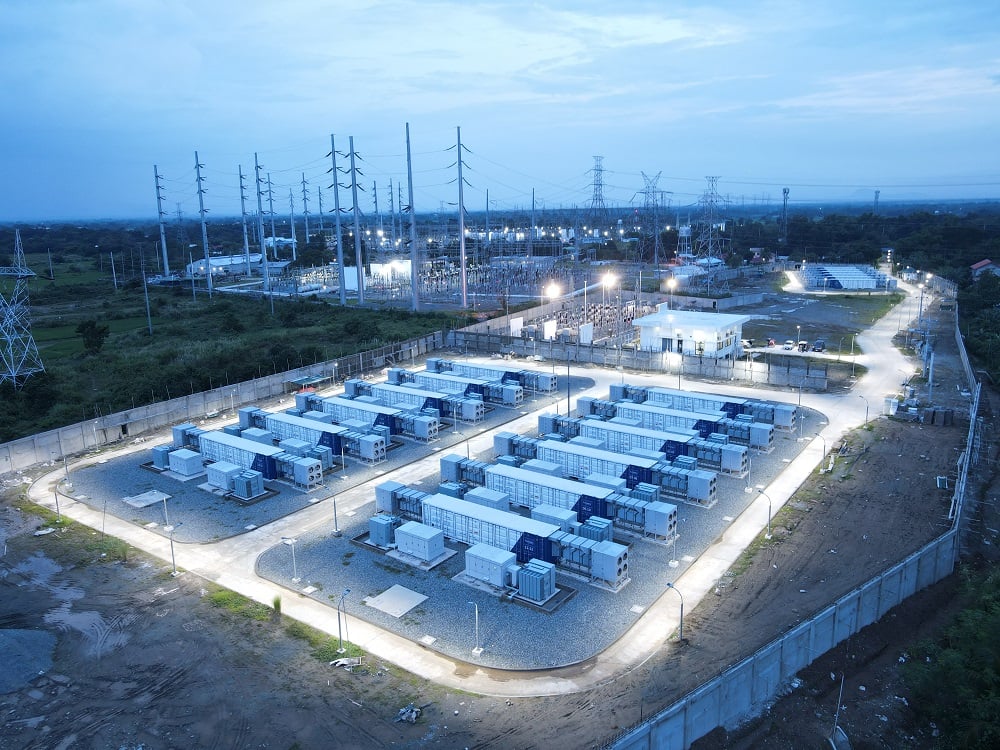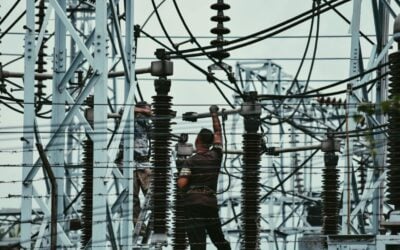
The Philippines Department of Energy (DOE) officially opened its hugely anticipated fourth Green Energy Auction (GEA-4) round to registrants earlier this week.
The registration process for the auction opened for qualified suppliers on Monday (16 June) and will close on Friday (20 June).
According to the DOE’s official timeline for GEA-4, the pre-bid evaluation process of registrants will begin on 23 June and close on 27 June. Following this, notification of qualified bidders will be revealed by 2 July, with a pre-bid conference set for 25 to 28 July.
The auction itself has been scheduled to begin on 2 September 2025. Bids will be validated from 11 September, and acceptance offers will be provided between 1 and 3 October.
Try Premium for just $1
- Full premium access for the first month at only $1
- Converts to an annual rate after 30 days unless cancelled
- Cancel anytime during the trial period
Premium Benefits
- Expert industry analysis and interviews
- Digital access to PV Tech Power journal
- Exclusive event discounts
Or get the full Premium subscription right away
Or continue reading this article for free
You can find the official timeline for GEA-4 on the government’s website.
As reported by Energy-Storage.news earlier this year, the DOE opened the initial steps of the GEA-4 auction scheme on 13 March. The Southeast Asian country’s government will tender for 9,378MW of renewables, comprising distributed and large-scale solar PV, including ground-mount, rooftop and floating PV, alongside onshore wind capacity.
Alongside this, bids will be invited for 1,100MW of solar projects that feature an energy storage component, which the DOE has dubbed Integrated Renewable Energy and Energy Storage Systems (IRESS).
Successful developers will secure 20-year supply contracts with the government for projects in Luzon, Visayas and Mindanao, with commercial operation dates in 2026, 2027, 2028 and 2029.
The Philippines’ Green Energy Auction procurements have been seen as a success given the number of projects that have been provided contracts, many of which include energy storage capabilities.
The previous round, which was held at the start of the year, sought a total installation target of 4,650MW for projects not eligible for feed-in tariff (FiT) subsidies. Hydroelectric generation, pumped hydro energy storage (PHES), and geothermal technologies were the main eligible technologies.
In the end, GEA-3 concluded with 7,500MW of offered capacity being awarded, including three PHES projects totalling 6,950MW, a 30.9MW geothermal plant, and a 550MW hydroelectric project.
Rounds 1 and 2 of the GEA selected just over 5GW of renewable energy capacity bids, to go into operation in 2024 and 2026 respectively.





